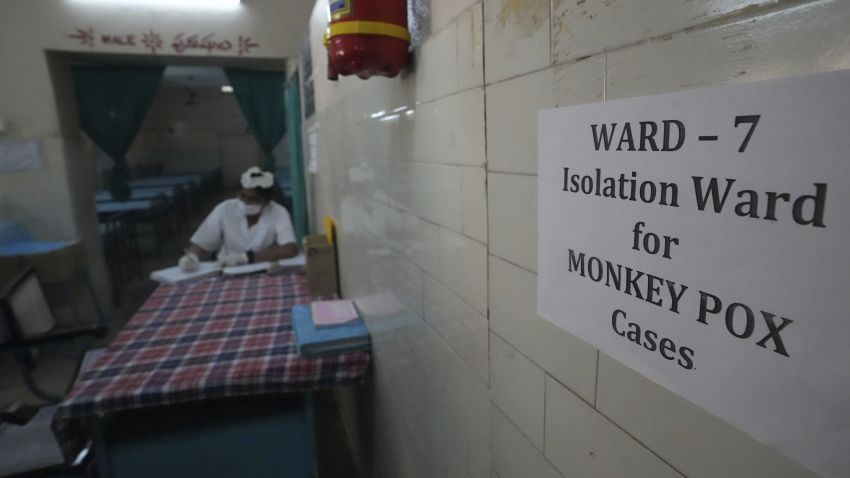In these early days of the global monkeypox outbreak, it appears that we have not learned any lessons from earlier disease outbreaks, including, most surprisingly of all, the ongoing coronavirus pandemic. Our inability or unwillingness to learn from previous experiences is startling—and runs the risk of further weakening the global health governance system.
For many reasons, the international community should already be ready and well-equipped to address monkeypox. It is a known disease, and there are effective vaccines against it, as well as a heightened public awareness about the need to contain disease outbreaks quickly. And yet, we see many of the same problems in the international response to the recent outbreaks in Europe and North America that we saw in the responses to diseases like Ebola and COVID-19: avoidable delays in setting public health guidelines, an inability to get vaccines to people in a timely manner, a lack of nuance in messaging to vulnerable populations and a lack of coordination among health officials within and between different countries, to name an important few.
Prior to this spring, monkeypox hardly featured on the global health agenda. Since the first human cases were recorded in 1970, there have typically only been a handful of new ones each year, concentrated in several countries in Africa where the disease became endemic, such as the Democratic Republic of Congo, Cameroon and Gabon. When cases appeared outside of that region, they were connected either to people who had traveled from endemic countries or to infected animals that had been imported for sale as pets. The 2003 outbreak in the U.S. Midwest, for instance, infected 71 people and was traced back to prairie dogs from Illinois that had come into contact with Gambian rats or dormice.

